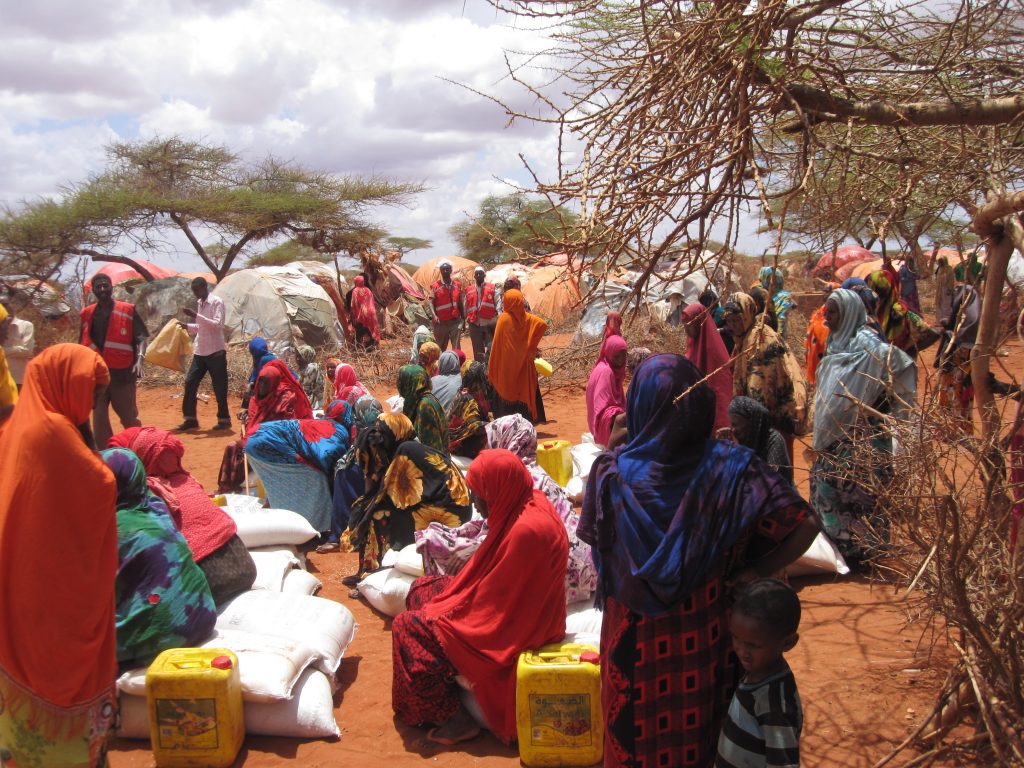
Protracted drought in Somalia in 2022 and 2023 lead to widespread suffering and a significant loss of lives. The drivers of this “near-famine” mirrored those of previous crises in 2011 and 2017, including drought, conflict, and fragile governance. Why, despite the similarities, did the crisis prove to be less devastating? A new study by the Centre for Humanitarian Change looks to the changes happening in Somali society for the answer.
On 29 February 2024, the Rift Valley Institute will host the launch of the report by the Center for Humanitarian Change titled, Somali capacities to respond to crisis are changing; how are humanitarian actors responding? The report calls for greater recognition of the growing resilience of Somali citizens and livelihood systems and a more integrated and long-term vision for aid efforts in Somalia.
A free copy of the report can be downloaded here.
Register for the event here.
Time and Location
2pm – 4.00pm EAT・Thursday 29 February 2024
Rift Valley Institute・Seminar Room
Laikipia Road ・Kileleshwa
Nairobi
Panellists
Moderator
Rahma Hassan
IDS, University of Nairobi
Speakers
Abdirahman Edle
Researcher, D-Hum Project
Peter Hailey
Center for Humanitarian Change
Mohamud Idris
Independent researcher and consultant



